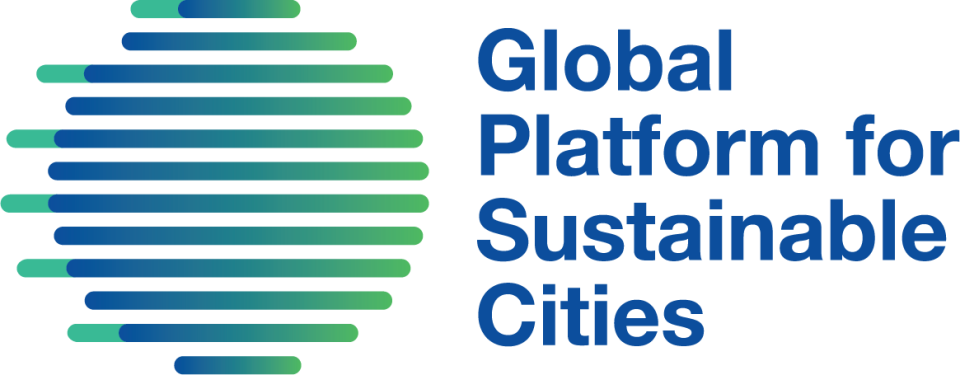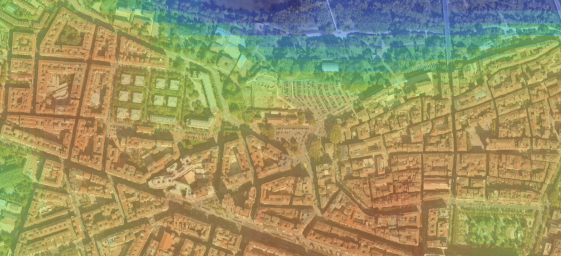Click on the links to access the webinars.
Module 1 | Module 2 | Module 3 | Module 4 | Module 5
Module 1. Sustainable Transport-Oriented Development (STOD) is an urban planning strategy that takes into account the new needs of large cities, where there is high density and energy consumption, rapid motorization and disorderly growth. In this sense, STOD invites to think urban development from mass transit stations, taking into account also the users of other modes of transport such as cyclists and pedestrians. This session is an introduction to STOD, which allows you to understand the general guidelines and take a tour of its history, the main points to consider and the lessons learned so far regarding the stages of planning, regulation and implementation.
Module 2. A DOTS project is characterized by its complexity, bearing in mind that its planning and implementation require the coordination of multiple agencies, sectors and levels of government, as well as the private sector and civil society. In this way, it is important to understand the different actors involved, the necessary capacities and existing obstacles, together with institutional, legal, social and economic factors to carry out a successful initiative. This session identifies the main elements that should be taken into account when carrying out a DOTS corridor project, providing tools to help decision makers, members of the private sector and civil society, from case studies of cities , especially in developing countries.
Module 3. Urban design is a factor that conditions the behavior and functioning of a city, establishing zones and rhythms for its inhabitants. From there, a series of concepts that are recurrent in urban planning issues are derived, since they provide tools to have a concrete and clear vision about the problems, needs and solutions for a city. In this sense, DOTS draws on design and planning instruments to ensure that projects are effective in meeting the proposed objectives. Thus, this session provides conceptual and technical tools to strengthen the interpretation of the space, the understanding of DOTS and the processes of urban planning in general.
Module 4. Considering that the benefit of Sustainable Development oriented projects for an entire city, its financing is the task not only of the State, but also of other economic and social sectors. Given this, it is required that the public and private sectors generate agreements in which both can contribute according to their capabilities, generating spaces for dialogue and innovation. The above, following a business model that mobilizes different financial sources and involves the beneficiaries of the project. This session introduces the business model within the framework of the Initiative for the Financing of Sustainable Cities, of the WRI Ross Center, which aims to generate opportunities to accelerate the implementation of sustainable urban solutions.
Module 5. Inclusion and equity are some of the important challenges that arise when adopting DOTS, especially in cities in developing countries that present phenomena such as inequality, poverty and gentrification. Although there is no exact formula to solve the social problems generated, it is possible to track successful cases in the world, in which local actors have been involved to ensure economic development. This session is oriented towards the concern to include different social sectors in the benefits that a DOTS project can bring, deepening in affordable housing, job creation and local development.







